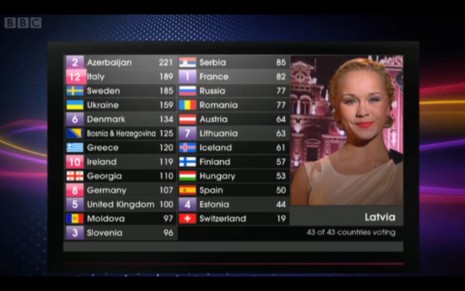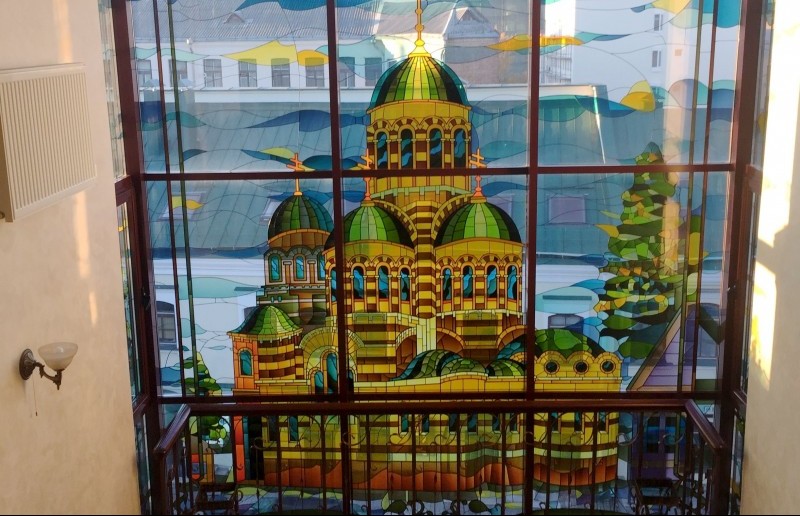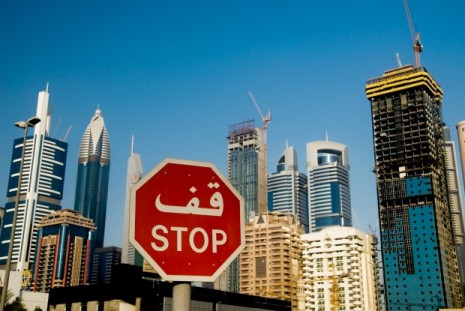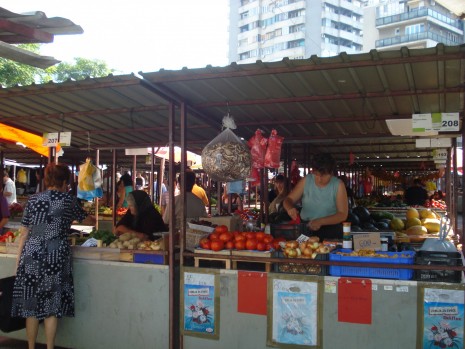
Europe is an endless topic; there are many definitions of it, opinions on what we want it to be, as well as whether that future is hopeful or not.
But, what do we really think when we say ‘Europe’? The answer differs from the East to the West, from the South to the North, from the Balkans to Scandinavia. Do we refer to ourselves as European, when do we do this, and how does that connect to our national identities?
Is there any common vision left after economic crisis, divisions between the poor South and rich North, the fading memory of World War II and a complete abandoning of the post-war welfare model?
These were some of the questions that were addressed in the first Global bar in Belgrade in the new year – on January 22nd at 18.00 in KC Grad in Belgrade.
This was Global Reporting’s third Global Bar in Belgrade. The idea is to inspire new forums for discussion of topics related to culture, politics and social issues. At least oneScandinavian panelists will participate in each Bar, while the other panelists come from theformer Yugoslavia. A lecture will be held at the prestigious cultural institution KolaracEndowment in Belgrade in connection to each Global Bar.
The project is funded with support from the Swedish Institute.
Not in Belgrade? Don’t worry, the talk will be streamed live on our website.
No registration needed but there is a limited number of seats. Since the event will be broadcasted live, there will be no a addmittance after 18.00 (sharp!) when the discussion starts. Be there on time!
Panellists
Peter Aronsson is a Swedish historian, dean and deputy vice chancellor for the Faculty of Arts and Humanities at Linnaeus University and coordinator of the project European National Museums: Identity Politics, the Uses of the Past and the European Citizen.
Franc Trček is a Slovenian sociologist, professor at Ljubljana University; he is also an activist and played a prominent role in the big protests in Maribor in Slovenia in 2012 – 2013. Trček was the editor of Community-net in South and East Europe (2003) and co-editor of Glocal Localities (2002) and Rethinking everyday mobility (2013). One of his main research interests focuses on Balkan studies.
Milica Pekić is a Serbian art historian and curator, one of the founders of the KIOSK Platform for contemporary art and since recently the president of the board of the Association of the Independent Cultural Scene of Serbia.
Project leader: Predrag Dragosavac/Global Reporting
Moderator: Susanna Wasielewski Ahlfors/Global Reporting




